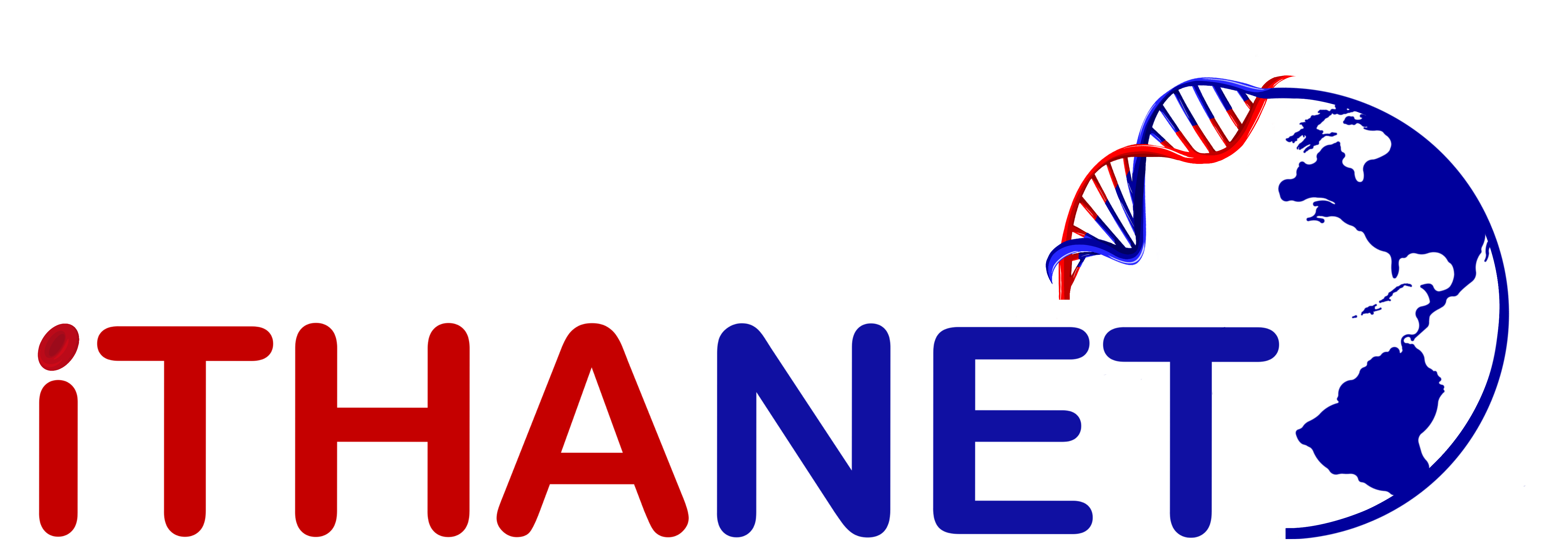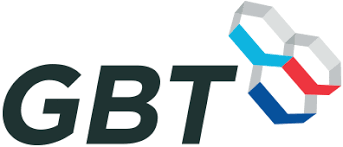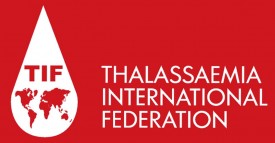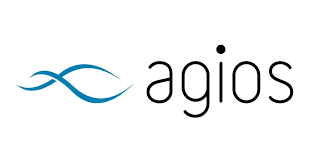
We are excited to announce a paper about the recently formed International Hemologlobinopathy Research Network (INHERENT), published in the American Journal of Hematology (DOI: 10.1002/ajh.26323). Through a large-scale, multi-ethnic GWAS, INHERENT (https://inherentnetwork.org) will study how genetic modifiers influence the diverse clinical manifestations and the varying degree of severity of hemoglobinopathies, including thalassemia syndromes and sickle cell disease. INHERENT brings together 9 existing international/regional consortia in the field, namely ITHANET, RADeep, ARISE, SPARCO, SADaCC, REDAC, HVP GGN, IHR and ClinGen Hemoglobinopathy VCEP, and is endorsed by the European Reference Network on rare hematological diseases, ERN-EuroBloodNet. Participation in INHERENT is open to any group that can submit a minimum of 30 samples with their core phenotypic description. The current membership includes over 170 experts from 90 organizations, spanning 36 countries worldwide. With its current membership, the network has the potential to enroll over 73 thousand patients. The goal is to enroll at least 30 thousand patients, which is over one order of magnitude larger than any previous GWAS in the field. The large increase in the sample size and the diversity in the studied populations will enable novel discoveries and expand knowledge on hemoglobinopathy genetics, thus paving the way for advancing the science of personalized diagnosis and treatment.
For more information, please visit the INHERENT official website and see the information sheet.




